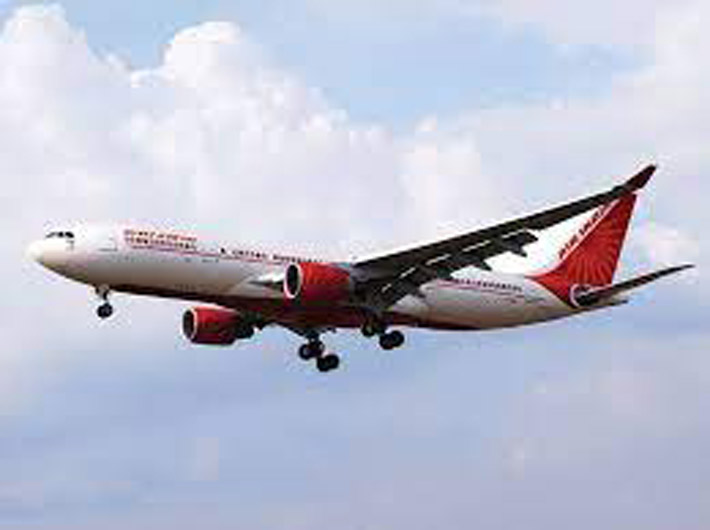They are dynamic in nature and follow the principle of demand & supply
GN Bureau | December 15, 2023

Emphasising the strategic role of green steel in India`s industrial and environmental future, Union Minister for Steel and Heavy Industries, Prahlad Joshi, Friday underlined that the strategic shift is not just an economic objective but a national imperative. “Green steel is now
The ongoing Special Intensive Revision (SIR) of electoral rolls in Bihar is an extensive exercise to update voter lists through verification of existing voter information, removal of deceased or ineligible voters, and correcting errors. Several concerns have been raised about SIR regarding wrongful deletio
In a village in Bihar, a mother brings her pale, lethargic child to a government health camp. A hemoglobin test confirms anemia. She leaves with iron tablets and dietary advice. Months later, the child remains unwell. What if the problem was never iron deficiency, but lead poisoning, silently damaging the
Why the Poor Don’t Kill Us: The Psychology of Indians By Manu Joseph Aleph Books, 280 pages, Rs 599
With days to go for the new GST rates to come into effect, the finance ministry on Tuesday issues an FAQ to guide users about possible problem areas. Here are some of the questions and answers. Q: Is it required to recall and re-label MRP on medicines already in the supply chain befo
NITI Aayog on Monday launched two transformative initiatives, AI for Viksit Bharat Roadmap: Opportunity for Accelerated Economic Growth and NITI Frontier Tech Repository under its Frontier Tech Hub. The Roadmap was launched by finance minister Nirmala Sitharaman, electronics & IT minister Ashwini Vaish

